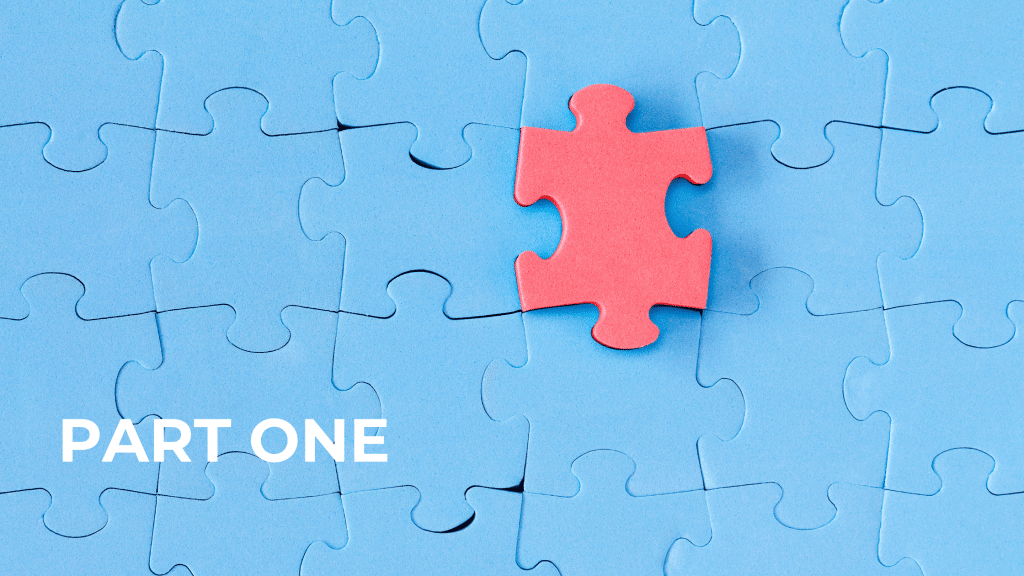The room was packed full of women either committed to helping other women succeed or trying to succeed themselves when Dame Quentin Bryce took to the stage for her first speaking engagement after she finished serving as Australia’s Governor-General.
Many of the women attending the Queensland University of Technology (QUT) Fostering Executive Women (FEW) Alumni event knew that as Governor-General, she’d been widely quoted as saying to young women, ‘You can have it all, but not all at the same time.’
So, I’m sure I wasn’t the only one surprised at her response when asked what made the difference to her career success.
She told us that when opportunity knocks, say yes and avoid getting stuck worrying about whether you’re ready or know everything you need to know. Her advice was to believe in yourself and decide whether you would have the support you needed to work out how you make it work afterwards.
If you’ve been feeding your intuitive gut, you can trust the hints or clues that you may not have all the necessary information. It’s unlikely Dame Quentin blindly jumped into opportunities, and far more likely she used her curiosity to overcome the problems of:
- Being captured by initial beliefs e.g. “I can’t do it”, “I’m not ready”, “I don’t have the skills.”
- Failing to test those beliefs, and
- Explaining away data that is inconsistent with those beliefs.
However, when the information we are working with is less than perfect, we can get stuck in a never-ending loop trying to exclude all the hints or clues that tell us that what we know is not perfect or that what we want to do may not work.
It’s like playing a never-ending game of whack-a-mole. Every time you think you’ve nailed it, another mole pops up to question your choices.
We can face this challenge at any time, not only when faced with a career opportunity. This analysis paralysis can capture us in a negative loop that stops us from moving towards what we want or need. We can miss opportunities, lose income, end up having to pay more or waste our and other people’s time that could be spent on more productive activities.

It can lead to a loss of up and downstream leadership confidence when decisions are constantly postponed or not made at all. Especially if you obsess over or hunt for quantitative data when you’ve got enough qualitative data to take action, or miss important clues that action is required elsewhere.
Cognitive and behavioral scientists Amos Tversky and Eldar Shafir found that conflicting information not only increases people’s tendency to defer making a choice but also increases our tendency to choose the default option. And they found that the more time people had, the more likely they were to delay action e.g. stay on the more familiar or safe road.
If Dame Quentin had focused on all the reasons why she couldn’t be the first woman to do something, somewhere, at many points during her career, and spent a long time weighing up the options when opportunities presented, it is almost certain she would not have been Australia’s first female Governor-General.

In their book Big Feelings: How to Be Okay When Things Are Not Okay, Liz Fosslien and Mollie West Duffy explain, “Your plans and answers don’t need to be highly detailed, so avoid getting swept up in analysis paralysis. The goal is just to build your confidence in the idea that you would be able to handle the situation.”
This sounds like what Dame Quentin attributed to her success.
The first step to avoid getting stuck in analysis paralysis is to notice when you’re caught in the trap of overthinking. Then focus on the proven habits that help unlock inertia:
- Be mindful and notice where your mind is wandering or obsessing and what your body is doing in response when that happens.
- Be curious about what is holding you back. Ask yourself what you’re afraid of and whether it matters.
- Be assertive and seek out people who can provide clarity or a balanced perspective.
- Set a firm timeline for taking courageous action and actively experiment; be prepared to try and fail to get unstuck. Then reward yourself for the small wins as you progress in building your confidence.
It’s important to be open to the clues that you may be wrong, but it’s as important to avoid getting stuck in inertia when you notice them.







